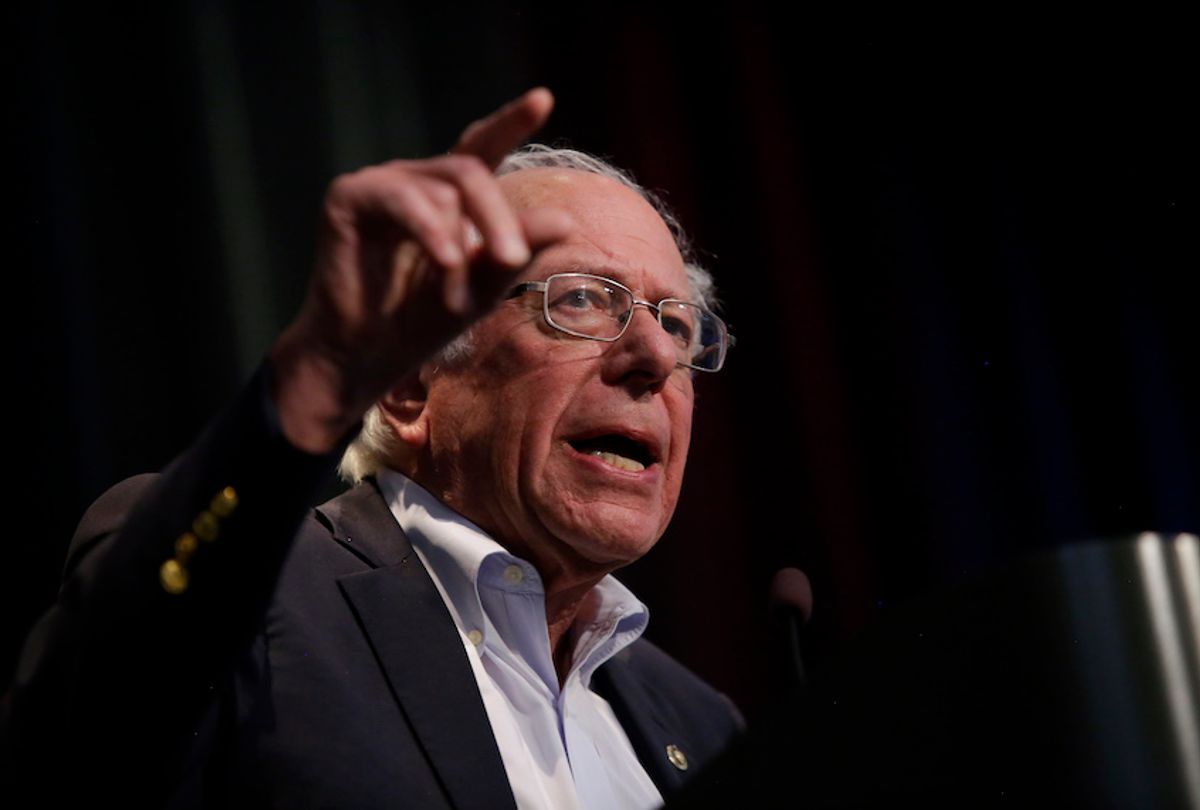Why are drug prices outrageously high? Corruption. Most of it is legal corruption, but what else do you call millions of dollars spent bending the political system for personal benefit?
Pharmaceutical corporations have an army of lobbyists working to increase prices. In 2018 alone, the industry spent between $170 and 284 million on lobbying with between 839 and 1,468 registered lobbyists, more than any other industry. Every minute of these lobbyists’ day and every cent of these millions is spent with a single goal in mind: Keep drug prices as high as possible for as long as possible.
No comparable behemoth is fighting back on behalf of patients and families.
On November 15, Senator Cory Booker (D-NJ) introduced a plan to fix that: the Prescription Drug Affordability and Access Act. Booker’s legislation, which is co-sponsored by Senators Bernie Sanders (I-VT) and Kamala Harris (D-CA), would create a new independent agency, the Bureau of Prescription Drug Affordability and Access.
At the introduction of his bill, Senator Booker said, “Every day, millions of Americans struggle to afford their lifesaving medication while the manufacturers of these drugs profit hand over fist with limited to no oversight. On top of that, many of these drugs were developed through research funding from the federal government. We need systemic change that will meaningfully address the exorbitant, rising cost of prescription drugs and put the focus back on patients, not profits.”
The legislation would give the new Bureau powerful tools to lower drug prices. It would require pharma corporations to provide key information to the Bureau every time they release a new drug, including the cost of research and development, any taxpayer dollars that contributed to the creation of the drug, and what price they are charging for the drug in other countries.
Using this information, the Bureau would then pinpoint a list price for the new medication. If the pharma corporation refuses to comply with that price, the Secretary of Health and Human Services would give other companies the right to produce cheaper generic versions.
Of course, it’s not only new drugs that are outrageously priced. So are many that have been on the market for decades, like insulin, which has tripled in price over the last decade and now costs about $450 a month.
That’s why Booker’s legislation further empowers the new Bureau to conduct a review every time a pharma corporation tries to increase prices on one of its drugs by more than the rate of inflation. If the price increase is determined to be excessive, the Bureau can revoke the government-granted patent monopoly on the drug and allow generic competition.
The bill is designed to quickly help patients who need it. If a drug has limited generic competition, the Bureau would not wait to conduct a full review. Instead, it would set a new interim price based on the median cost in 11 other developed countries so that the price of the drug goes down right away.
Booker and his co-sponsors deserve credit for listening to the American people. In recent polling that my organization, Social Security Works, conducted with Data for Progress, voters supported revoking the patents of pharma companies who set prices too high — even after hearing pharmaceutical industry counterarguments. Three in ten Republican voters even support the policy despite being told it is being pushed by Democratic politicians. Allowing the government to negotiate lower prices with pharmaceutical companies enjoys even stronger support.
For decades, big pharma has owned Congress. Drug prices are going up every single year. But the anger of the American people is rising as well. We are demanding fundamental structural change to take on big pharma’s greed. The Prescription Drug Affordability and Access Act answers that demand.



Shares